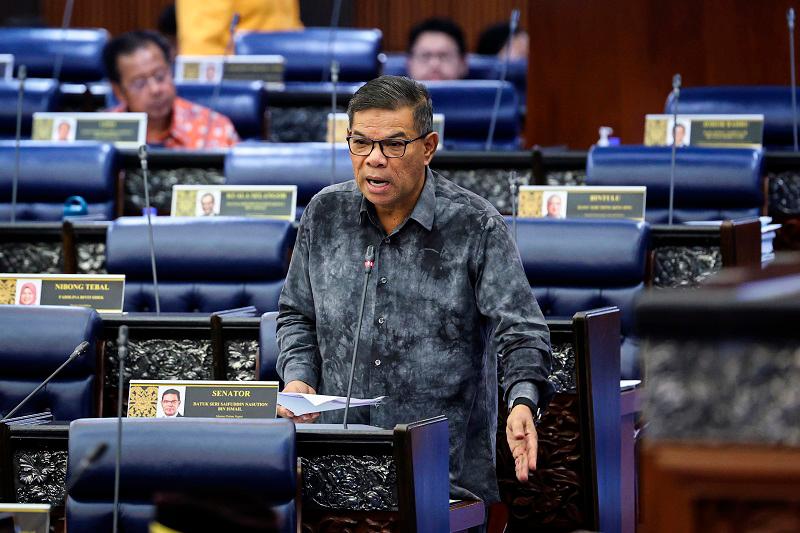KUALA LUMPUR: The Drug Dependants (Treatment and Rehabilitation) (Amendment) Bill 2024 passed by the Dewan Rakyat today will help the government better regulate and improve the management and operation of private drug rehabilitation centres (PPDP) in the country, said Home Minister Datuk Seri Saifuddin Nasution Ismail.
When winding up debate on the Bill, he said this was necessary because the Drug Dependants (Treatment and Rehabilitation) Act 1983 currently does not provide for registration requirements of these rehabilitation centres.
“So the Home Ministry (KDN) believes there is a need to regulate these rehabilitation centres through legislation to improve the oversight of PPDPs so that their operations meet standards, are of high quality, and are qualified,“ he said.
He added that based on KDN’s engagement with PPDP operators previously, he was informed of specific cases where these centres failed to fulfill their main function of treating and rehabilitating their clients from drug addiction or substance abuse.
“There have been cases of violations, and this information is not anecdotal but comes from our engagement with the operators. Some do not provide safe facilities, leading to injuries and endangering the safety and lives of clients.
“There are also cases where clients’ labour is exploited for fundraising purposes and so on,“ said Saifuddin Nasution.
Therefore, he said KDN has proposed a provision for fines up to RM500,000 or imprisonment not exceeding five years for PPDP operators found guilty of such offences under this legislation.
“The purpose (of these fines and imprisonment) is for the common good, while we (the government) recognise their (PPDPs) role in providing treatment and rehabilitation to drug addicts. This is a deterrent element and not meant to punish,“ he said.
Meanwhile, Saifuddin Nasution, at a press conference after the bill was passed,said that this amendment empowers Rehabilitation Officers to certify clients voluntarily for drug and substance abuse treatment and recovery purposes at the National Anti-Drug Agency (AADK).
“Previously, only medical officers could issue certifications...this act also does not in any way diminish the role of medical officers.
“In fact, at AADK, there are medical officers and assistant medical officers, whether locums or permanently stationed there...during the initial observation period, if the client exhibits symptoms that only medical officers are trained to handle, AADK will refer them (to medical officers),“ he said.
Earlier, the Drug Dependants (Treatment and Rehabilitation) (Amendment) Bill 2024 was passed by the Dewan Rakyat by majority voice votes after its second reading was postponed on July 9 to be referred to the Special Select Committee on Health and the Special Select Committee on Security for further views.









